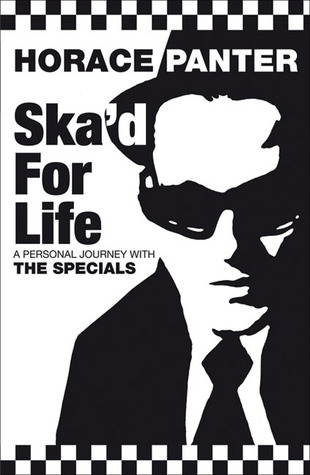The Specials are the quintessential ska band of the 1970s-1980s: edgy, multiracial, political, swinging. Together with Madness and, to a lesser extent, The Selecter, The Specials introduced ska music to the white working and middle class. Horace Panter (aka Sir Horace Gentleman), the bass player in the original band, describes the meteoric rise of the band, from a fairly random collection of musicians in the industrial town of Coventry in the West Midlands to a music sensation in Europe and beyond. As so many other bands, particularly loose collections of individual musicians, The Specials couldn't deal with the success and slowly but steadily imploded. While Panter tries to give as neutral an account as possible, mostly based on diaries and hazy memories, he undoubtedly introduces his own biases. Overall, Ska'd for Life does not realy go much beyond the usual band biographies. I enjoyed the insight into the blooming British ska scene of the late 1970s/early 1980s the most interesting, as it was then that the skinhead movement split and ska returned to its multicultural roots.

